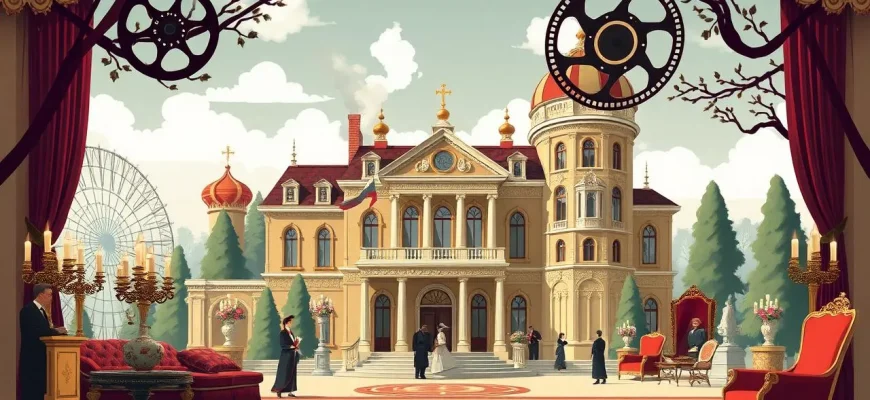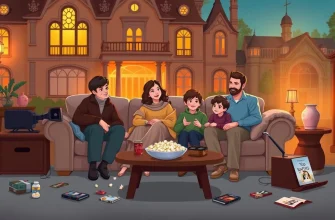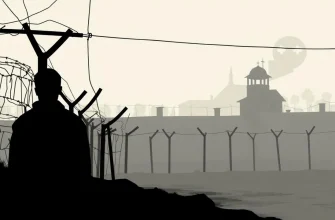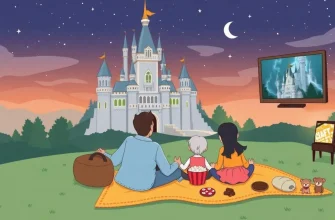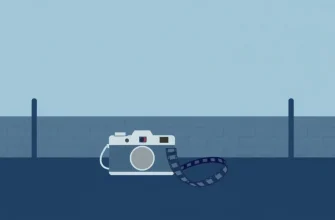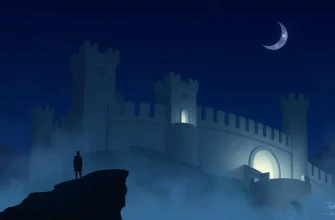This curated collection of Soviet films transports viewers to the opulent world of estates, where stories of love, intrigue, and historical events unfold. These films not only showcase the architectural beauty of Soviet estates but also delve into the lives of their inhabitants, offering a unique perspective on Soviet cinema's portrayal of class, society, and history. Whether you're a cinephile or simply curious about Soviet culture, this selection promises a rich tapestry of narratives set against the backdrop of grand estates.

The Twelve Chairs (1971)
Description: While not exclusively about an estate, this comedy involves a treasure hunt set in various locations, including an estate, reflecting the chaos of post-revolutionary Russia.
Fact: The film was remade in Hollywood in 1976 with Mel Brooks directing and starring.
 30 Days Free
30 Days Free 
A Cruel Romance (1984)
Description: Based on Alexander Ostrovsky's play, this film explores the lives of the wealthy estate owners and their complex relationships, showcasing the societal norms of the 19th century.
Fact: The film was a major success in the Soviet Union, winning several awards for its cinematography and acting.
 30 Days Free
30 Days Free 
The Lady with the Dog (1960)
Description: This film adaptation of Chekhov's classic story captures the essence of a forbidden love affair set in the serene environment of a Russian estate, highlighting the social constraints of the time.
Fact: The film was shot in Yalta, the same location where Chekhov wrote the story, adding authenticity to the setting.
 30 Days Free
30 Days Free 
Uncle Vanya (1970)
Description: A poignant adaptation of Chekhov's play, this film explores the lives of estate dwellers, focusing on themes of unrequited love, regret, and the passage of time.
Fact: This version was directed by Andrey Konchalovsky, who later became known for his work in Hollywood.
 30 Days Free
30 Days Free 
The Cherry Orchard (1973)
Description: This film brings Chekhov's play to life, depicting the decline of an aristocratic family and their estate, symbolizing the end of an era in Russia.
Fact: The film features a score by the renowned composer Alfred Schnittke, enhancing its emotional depth.
 30 Days Free
30 Days Free 
The House with the Mezzanine (1986)
Description: This adaptation of Chekhov's short story focuses on the life of a young artist in a provincial estate, capturing the beauty and melancholy of rural life.
Fact: The film was shot in the actual house Chekhov lived in, preserving the authenticity of the setting.
 30 Days Free
30 Days Free 
The Kreutzer Sonata (1987)
Description: Based on Tolstoy's novella, this film delves into the psychological turmoil of a man obsessed with his wife's supposed infidelity, set in a grand estate.
Fact: The film was one of the first Soviet films to openly discuss sexual jealousy and marital issues.
 30 Days Free
30 Days Free 
The Peasant Woman (1978)
Description: This film, set in a rural estate, tells the story of a peasant woman's life, her struggles, and her resilience, offering a different perspective on estate life.
Fact: The film was praised for its realistic portrayal of rural life and the strong performance by the lead actress.
 30 Days Free
30 Days Free 
The Stationmaster (1972)
Description: While not entirely set in an estate, this film includes scenes in a noble's estate, exploring themes of love, duty, and social hierarchy.
Fact: The film was part of a series of adaptations of Pushkin's works, showcasing the literary heritage of Russia.
 30 Days Free
30 Days Free 
The Inspector General (1952)
Description: This comedy, based on Gogol's play, involves a mistaken identity in a provincial town, with scenes set in the local estate, highlighting bureaucratic corruption.
Fact: The film was one of the first Soviet comedies to be widely recognized and enjoyed outside the USSR.
 30 Days Free
30 Days Free 
